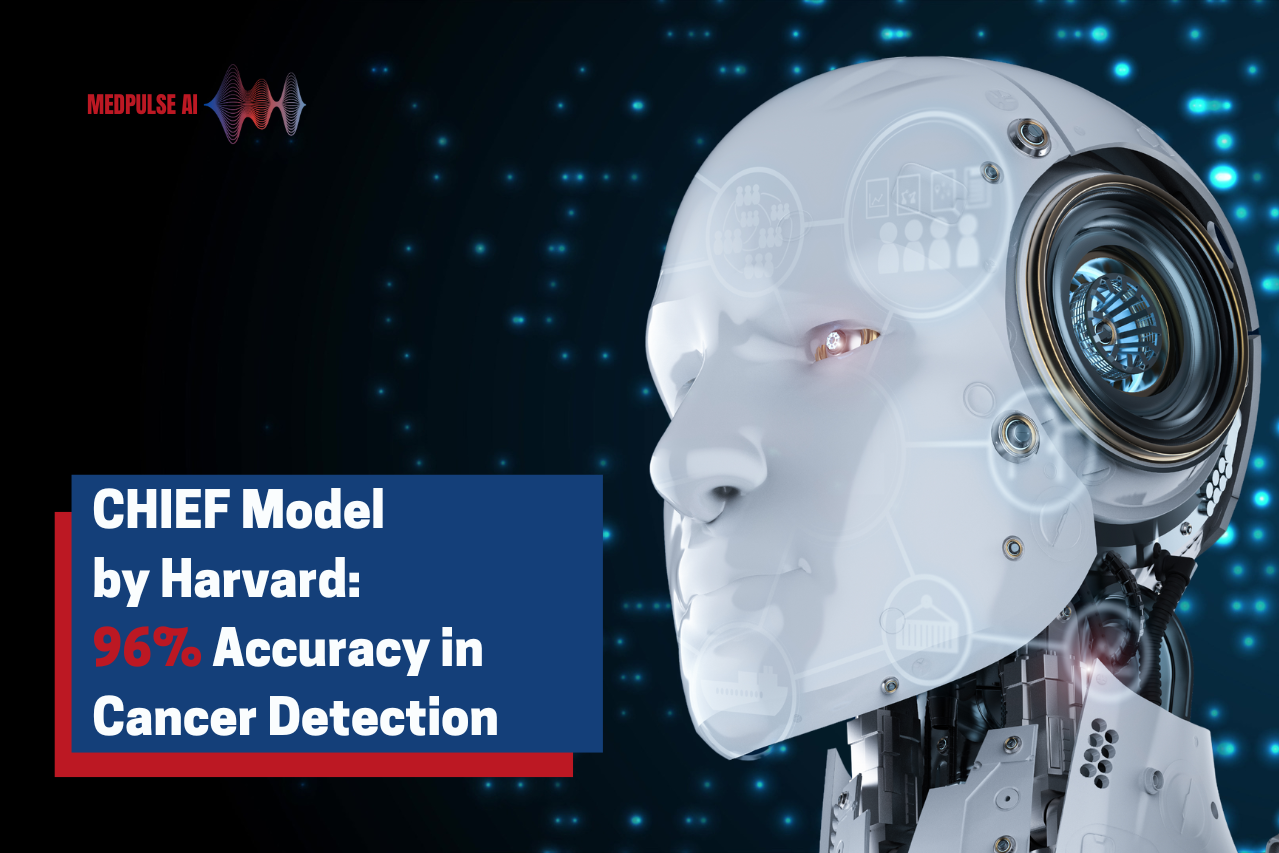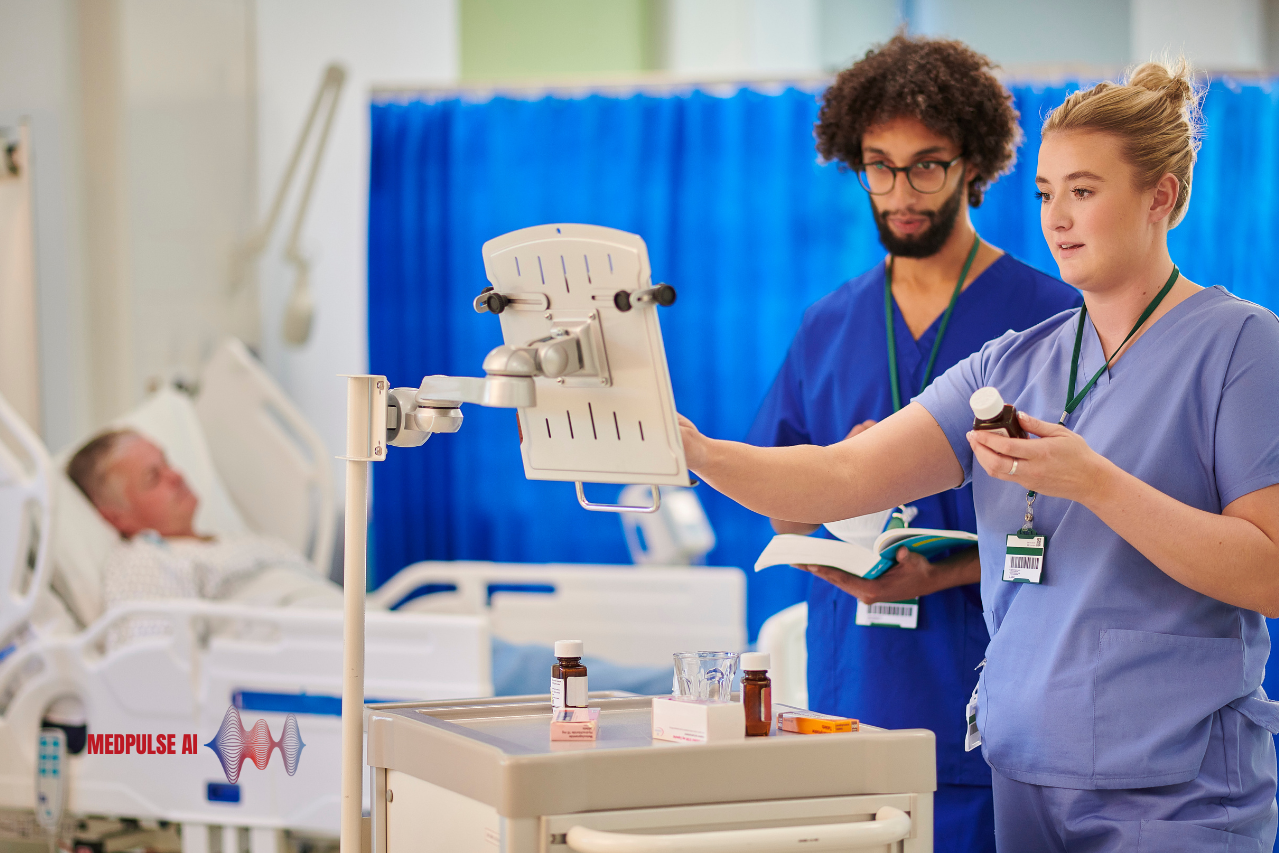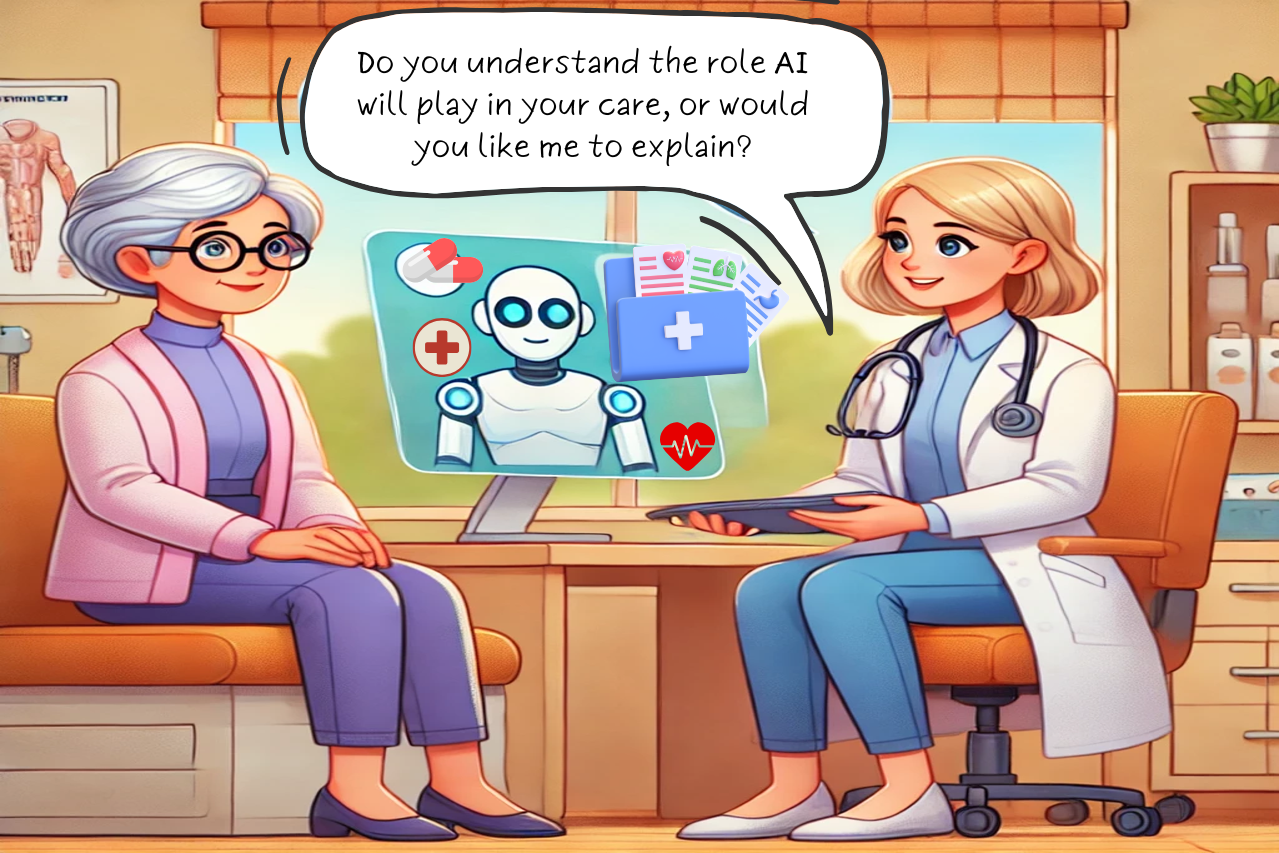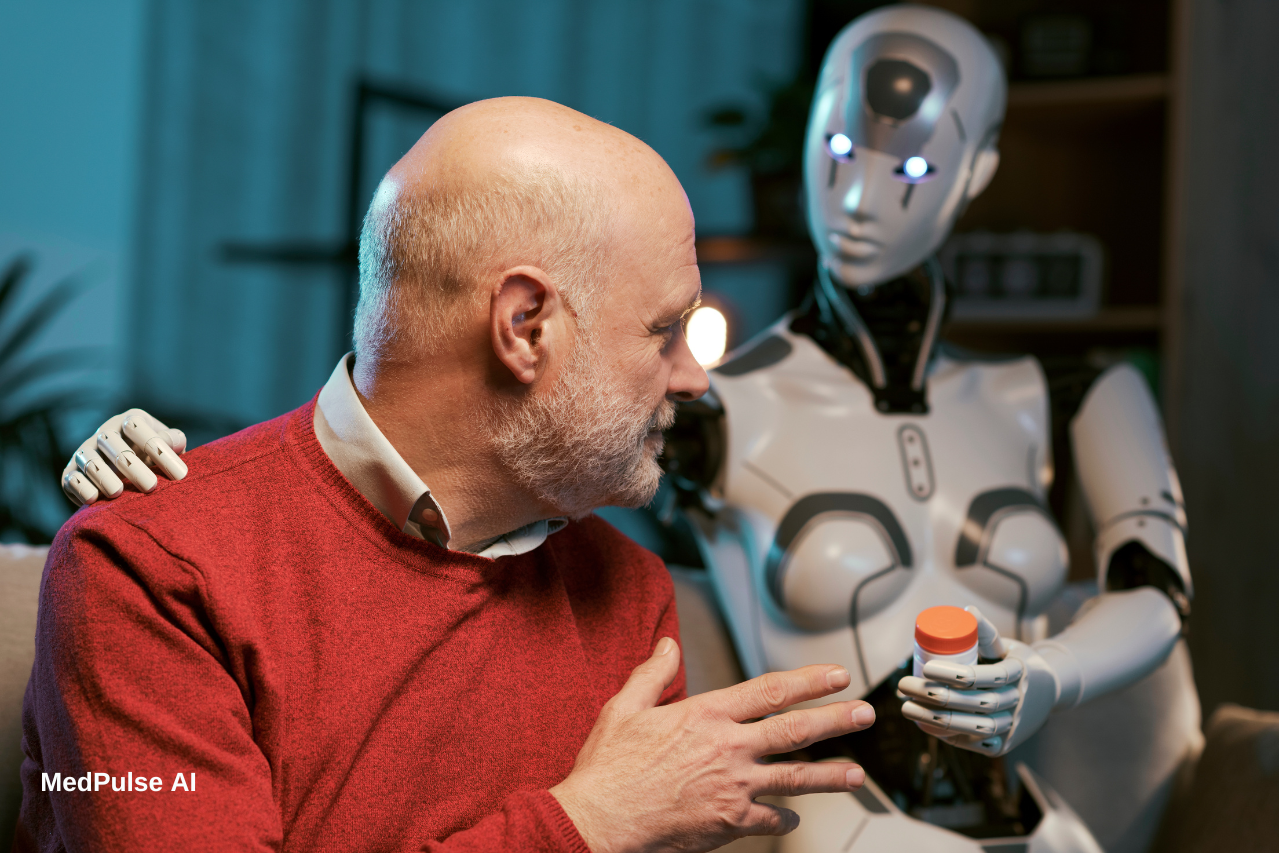Harvard Medical School’s CHIEF model (Causal Health Inference Engine for Evaluation and Forecasting) has recently reached a groundbreaking milestone in the field of cancer detection. With an accuracy rate of 96%, CHIEF stands at the forefront of AI-driven diagnostics, transforming how clinicians detect, predict, and treat various cancer types. This model’s high precision in diagnosing cancers like stomach, colon, esophageal, and prostate cancer reflects years of research in machine learning, data science, and healthcare innovation, positioning CHIEF as a game-changer in personalized cancer care.
What Is the CHIEF Model?
Developed by Harvard’s Department of Biomedical Informatics, the CHIEF model is a sophisticated AI system designed to identify cancers and forecast patient outcomes by analyzing vast amounts of patient data. Unlike traditional models that rely heavily on correlation, CHIEF integrates causal inference, allowing it to discern the factors most likely to impact cancer onset, progression, and patient response to treatment.
This model’s capabilities extend beyond detection to provide healthcare professionals with actionable insights, enabling them to predict a tumor’s behavior, identify possible genetic markers, and tailor personalized treatment plans. The integration of causal inference offers a new dimension to cancer diagnosis, making CHIEF a powerful tool in predictive and preventive oncology.
The Innovation Behind CHIEF’s 96% Accuracy
- Causal Machine Learning Algorithms: At its core, CHIEF employs causal machine learning, allowing it to identify not just whether certain markers are present but also how they contribute to cancer. This deeper level of analysis helps avoid the errors that can arise from mere correlations, offering a more accurate diagnosis.
- Integration of Histopathology Data: CHIEF was trained using millions of histopathology images and patient records, enabling it to detect specific cancer markers with unmatched precision. This vast database allows the model to recognize complex cancer patterns, aiding in the early detection of aggressive cancers where early intervention is most critical.
- Predictive Analytics and Personalized Care: With advanced predictive analytics, CHIEF doesn’t just stop at detection. The model analyzes multiple variables, such as genetic predisposition, family history, and environmental factors, to forecast individual patient outcomes. By assessing the likelihood of disease progression, CHIEF helps oncologists devise more targeted and effective treatment plans.
Achieving Large-Scale Validation: The 96% Accuracy Milestone
CHIEF’s recent validation marks a significant step for AI in oncology, where reliability is paramount. This milestone was achieved through rigorous testing across a large patient sample, demonstrating its accuracy rate of 96% in detecting several cancers. These results were consistent across varied demographics, affirming CHIEF’s efficacy in diverse populations—a critical factor in promoting health equity.
Key findings from these trials include:
- High Predictive Precision: The model’s predictive accuracy helps clinicians make informed decisions on treatment and intervention, leading to improved patient outcomes.
- Reduction in Diagnostic Time: CHIEF allows for faster cancer detection, reducing wait times that are often associated with traditional diagnostic methods. This efficiency is particularly beneficial for patients with aggressive cancers, where rapid intervention is essential.
Transforming Cancer Detection and Treatment
The CHIEF model’s success has transformative implications for healthcare:
- Enhanced Early Detection: By catching cancer early, CHIEF has the potential to improve survival rates significantly. The model identifies precancerous changes with precision, enabling timely intervention before tumors progress.
- Reduction in Unnecessary Procedures: With its high accuracy, CHIEF reduces the need for unnecessary biopsies and procedures, which can be both costly and emotionally taxing for patients. By offering clinicians a precise diagnostic tool, CHIEF minimizes the financial and physical burden of over-testing.
- Personalized Oncology: As a personalized care tool, CHIEF allows healthcare providers to develop treatment plans tailored to individual genetic and lifestyle factors. This personalized approach aligns treatment with each patient’s unique risk profile, increasing the chances of a positive outcome.
The Future of CHIEF: Expanding Capabilities
With its current success, Harvard Medical School’s team aims to enhance the CHIEF model further. Future iterations will integrate genomic data to improve predictions for hereditary cancers and expand into areas like mental health and other non-oncological diseases. The model’s architecture, scalable and adaptable, holds promise for extending its high-precision capabilities to fields like neurology, cardiology, and infectious diseases.
The potential applications of CHIEF reflect a broader vision for AI in healthcare—one that includes proactive patient management, precise diagnostics, and the development of AI-driven treatment pathways. With the backing of Harvard Medical School and its extensive network of collaborators, the CHIEF model is well-positioned to redefine the possibilities of AI in healthcare
Harvard’s CHIEF model represents a monumental leap forward in cancer diagnostics, ushering in a new era of AI-enhanced healthcare. Its ability to detect cancer with 96% accuracy is a testament to the potential of AI to enhance clinical precision, reduce patient burdens, and improve survival outcomes. As CHIEF continues to evolve, it promises to play a vital role in achieving the ultimate goal of AI in healthcare: providing timely, accurate, and personalized care that improves patients’ lives on a global scale.
Are you interested in how AI is changing healthcare? Subscribe to our newsletter, “PulsePoint,” for updates, insights, and trends on AI innovations in healthcare.




